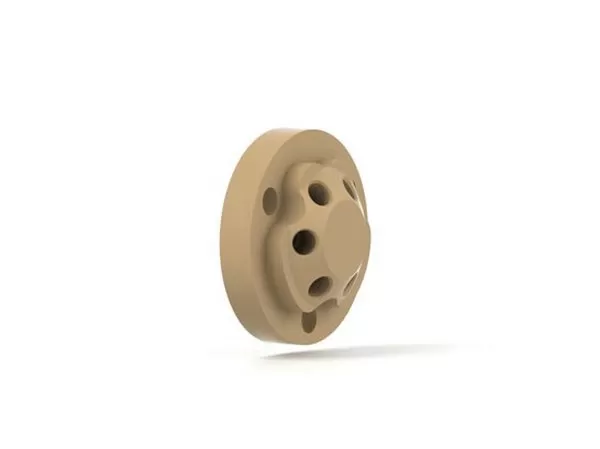
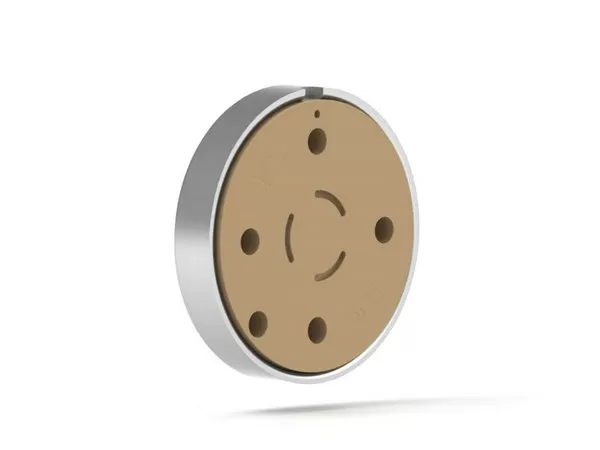
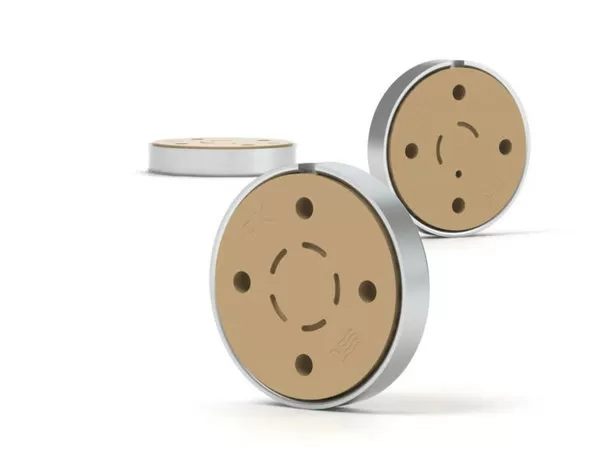
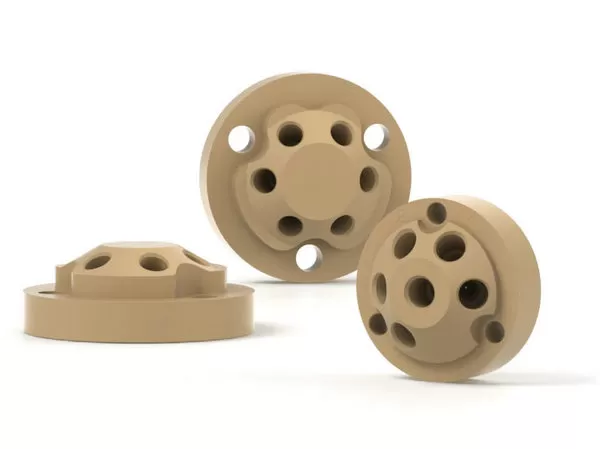
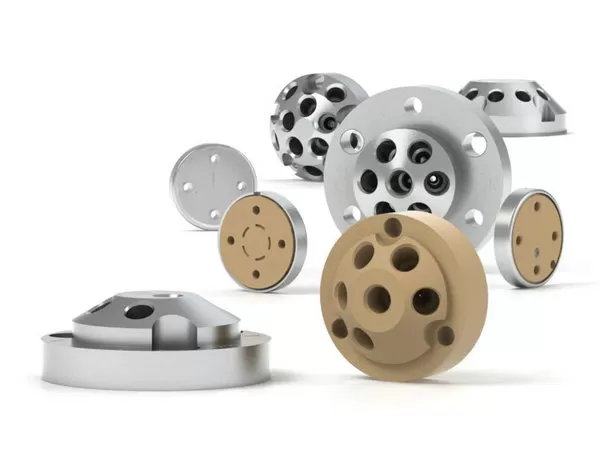
Our PEEK rotor seals are precision-engineered to deliver superior chemical resistance and mechanical strength. Designed for use in demanding applications like HPLC systems and other analytical instruments, these seals provide excellent durability and leak-free performance under high-pressure conditions. Their unique design ensures smooth operation, minimal maintenance, and extended equipment life, even in aggressive chemical environments. The combination of PEEK's high-performance material and advanced engineering makes them a reliable choice for critical laboratory applications.
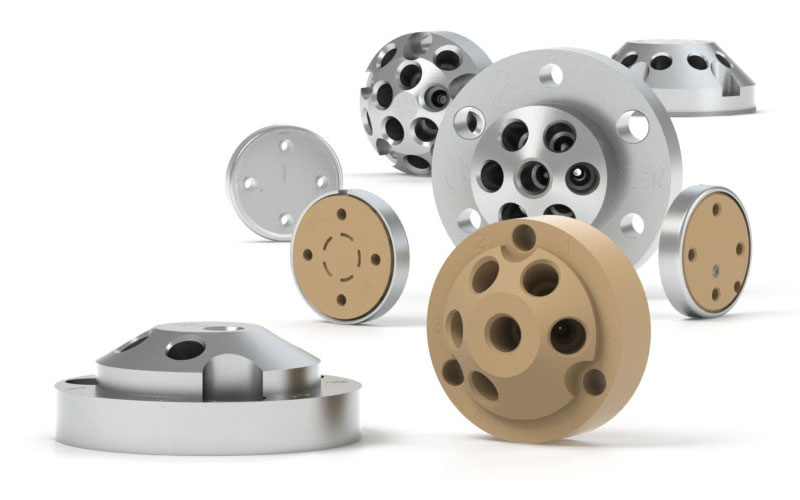
The PEEK rotor seal is a high-performance, precision-engineered component specifically designed for use in analytical instruments such as High-Performance Liquid Chromatography (HPLC) systems. Manufactured from Polyether Ether Ketone (PEEK), a high-strength thermoplastic known for its exceptional chemical resistance and mechanical durability, these rotor seals are ideal for applications where exposure to aggressive solvents, high pressures, and extreme operating conditions is frequent.
PEEK rotor seals are crafted to provide leak-free performance, ensuring reliable fluid flow control and reducing system downtime caused by leaks or wear. The advanced design features multiple precision ports, allowing for seamless fluid passage, crucial for maintaining the accuracy and efficiency of laboratory instruments. Due to PEEK’s inherent resistance to corrosive chemicals and its ability to retain its properties at high temperatures, these seals ensure long-lasting operation, even in challenging environments where other materials might degrade.
Engineered for minimal maintenance and extended equipment life, PEEK rotor seals help laboratories reduce operational costs by minimizing the frequency of part replacements and downtime. The seals’ compatibility with a wide range of chemical environments makes them the ideal choice for various industries, from pharmaceutical and biotechnological research to environmental testing and industrial applications.
With their robust construction, superior wear resistance, and capacity to handle high-pressure conditions, PEEK rotor seals represent an indispensable component in modern laboratory settings, ensuring precise, dependable performance across a variety of applications.
What is a peek seal?
Polyetheretherketone (PEEK), an organic thermoplastic polymer, has excellent mechanical and chemical resistance properties that are maintained at high temperatures. PEEK seals can be heated, cooled, and heated again without degradation since they are composed of thermoplastic materials.
Is PEEK the same as Teflon?
1.Is PEEK the same as Teflon? PEEK is frequently compared to Teflon® due to their shared thermoplastic nature. However, PEEK surpasses Teflon® in its ability to endure higher temperatures and greater stress, especially in applications involving valves and seals.
Is PEEK more expensive than PTFE?
PEEK is a much higher price polymer but provides value by offering the possibility of manufacturing parts that provide properties including lightweight, strength or toughness and the ability to survive longer in harsh environments.
What is the difference between PTFE and PEEK seals?
Polytetrafluoroethylene (PTFE) and PEEK are both polymers used in seals, but they have different properties and applications:
Material: PTFE is also known by its trade name Teflon. PEEK is an organic thermoplastic polymer.
Tensile strength: PEEK has high tensile properties and low deformation under load.
Temperature range: PTFE has stability and sealing characteristics across a wide range of temperatures. PEEK is resistant to thermal degradation and can be used in high temperature applications.
Chemical resistance: PTFE is resistant to weathering and chemicals, especially strong acids. PEEK is resistant to organic and aqueous environments.
Cost: PTFE is more cost effective than PEEK.
Applications: PTFE is used in oilfield equipment, compressors, mechanical seals, hydraulic actuators, aircraft engines, and brake systems. PEEK is used in aerospace, automotive, high vacuum plants, high pressure valves, nuclear environments, food processing equipment, and chemical industries.
Other properties: PTFE is self-lubricating, which makes it a good choice for high wear applications. PEEK is a good choice for applications that require strength and low levels of deformation.